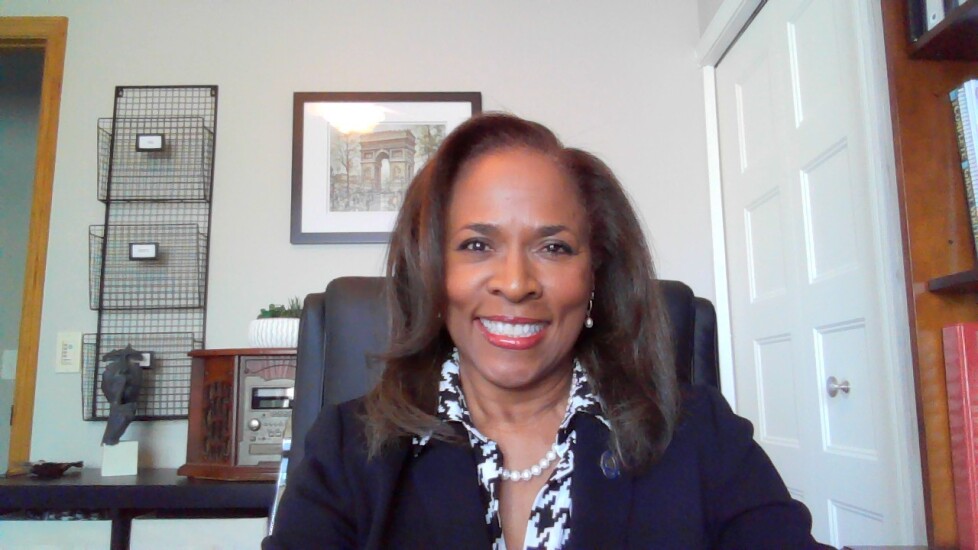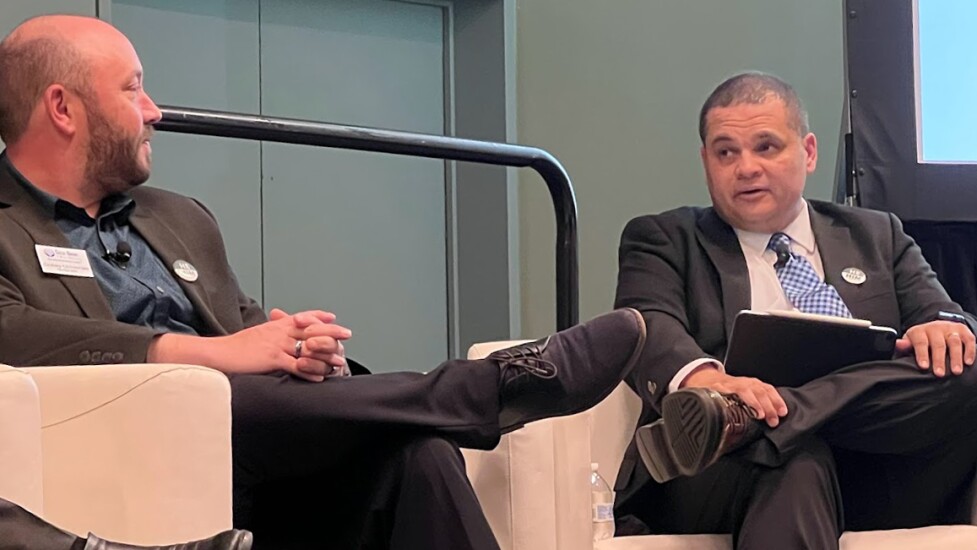The Credit Union National Association's annual governmental affairs conference is a massive gathering in Washington where its members from across the country gather to discuss every issue that's important to them.
Regulatory challenges, efforts toward diversity and inclusion, competitive pressures and more were discussed.
"There's energy that comes from this that you cannot replicate online. We took advantage of Zoom, [Microsoft] Teams and things like that the best we could, [but] there's nothing that replaces the energy from a live event," said Jim Nussle, president and CEO of CUNA.
Here is a rundown of some of the key topics and issues that were addressed:











